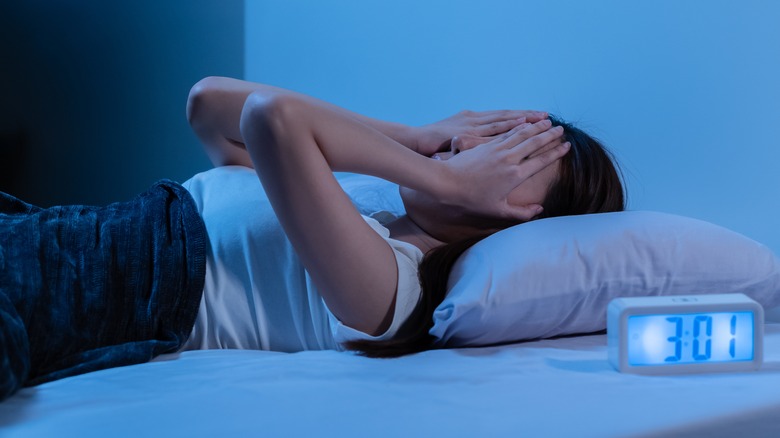Prednisone, a corticosteroid, is used by doctors to treat a host of conditions, such as arthritis, allergic reactions, breathing issues, and some cancers, among others, according to the experts at WebMD. Its anti-inflammatory properties make it very useful when combating diseases that cause inflammation, explains the Mayo Clinic. In addition, prednisone has the ability to suppress the body’s immune system, which can be beneficial for treating patients who have received organ transplants.
However, for all of its benefits, prednisone is not without its side effects. These can include depression and mood swings, nausea, vomiting, and a loss of appetite. In some cases, it can also cause a patient’s blood sugar to spike, which could lead to an onset of diabetes or make symptoms worse for patients who already have the condition. Prednisone users may also find themselves fruitlessly counting sheep as well, as the medication has been known to impact sleep.
Prednisone can mimic your body’s hormones

While taking prednisone, 60% of people reported experiencing insomnia, according to a 2024 study published in Federal Practitioner. One of the possible reasons that prednisone can disrupt the slumber of its users is the fact that, as the same study showed, the drug can mimic cortisol. Cortisol is a hormone that regulates your body’s response to stress and keeps you alert (via BuzzRx). Prednisone has the ability to have the same effect on the body as cortisol, keeping users stimulated even as they’re trying to settle down for the night.
In addition to its impact on cortisol, prednisone may also affect the body’s levels of melatonin. In a 2024 study published in Biomedicine and Pharmacotherapy, zebrafish that were exposed to prednisone showed a decrease in melatonin production with a subsequent effect on sleep. Another 2024 study, published in Steroids, showed that multiple sclerosis patients, who were given prednisone, also experienced a reduction in melatonin levels.
Dividing the doses can help

If you are taking prednisone for a particular illness, there are things you can do to help mitigate its effects (via Medical News Today). These include taking the medication in the morning or possibly splitting up the doses between daytime and nighttime. You can also talk to your doctor about regulating the dosage if the amount you’ve been prescribed is causing sleep problems.
While on prednisone, you can also talk to your doctor about considering an over-the-counter sleep aid, including melatonin, to help get your sleep cycle back on track. You should also set a regular time for going to sleep and waking up to get your body in a good rhythm and develop proper sleep hygiene. If you’re able to, you can also try exercising during the day, which can help you become more relaxed and tired by the time you’re ready to turn in for the night. However, you should not exercise right before bed, as that could make you feel wired. It’s always a good idea to talk with your doctor while taking prednisone to try and manage the side effect properly and ensure you’re getting the rest you need.




